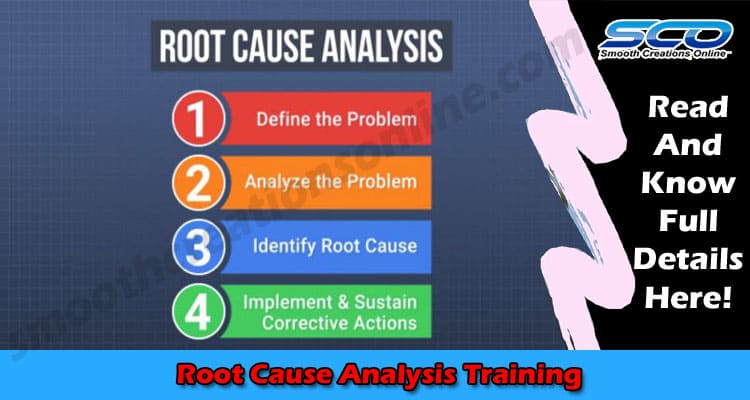Root cause analysis training (RCS) is a systematic problem-solving tool used by professionals to identify the undesired cause(s). Identifying and solving root cause problems is not easy, but the training can make the process easier and more effective.
Here is a list of individuals who can benefit from RCA training.
Table of Contents
Project Managers
Root cause analysis is a part of Project Management, especially PMI-ACP certification. An experienced project manager should have an arsenal of tools and techniques to solve problems as they arise.
Here’s how RCA training works in project management:
- Identify the problem – Proactively identify issues before they escalate.
- Design a practical solution – Once you have identified the root causes, design a solution that addresses each root cause. Implement the solution- Implementing your answer is often most accessible with RCA training because you already know how many parts are involved and what needs to be done.
- Identify and solve root cause problems faster – The training will significantly reduce the time spent on your solution because you know where to start and how to iterate through each stage until the problem is solved.
- Manage the problem better– Once the root causes of an issue are identified, they can be managed better. Root cause analysis training will help you improve your project management.
Purchasing Managers
A large part of a purchasing manager’s role is to ensure that the correct parts are used in a product or device at the cheapest cost possible. Purchasing managers know how important it is for their company to have a good supply chain, so they will often spend a lot of time worrying about where to buy parts, who can help them source the most cost-effective parts, etc.
According to reports, 70 percent of professionals think that the supply chain is a crucial driver of better customer service.
Some of the problems that purchasing managers solve with RCA are:
- How do I find parts for my project at the cheapest possible rate?
- Where do I find reliable suppliers?
- Can one supplier meet my entire supply chain needs?
- Can I trust this supplier with such a large order?
- Are there cheaper or better sources for this part?
- How can I ensure the quality of the components used in my project?
Facilities Managers
If you are responsible for maintaining any facility, you are bound to run into problems that affect the entire facility. Several ways applying root cause analysis can help facilities managers:
- How do I keep costs down?
- How can I save time performing maintenance tasks?
- How can I streamline workflow processes for my staff?
- What equipment is most frequently broken and needs to be replaced?
- What are the causes of most facility fires?
- How can I reduce the number of times my plumbing fails?
Root cause analysis can help facilities managers solve these problems and more.
Sales Managers
Part of every sales manager’s job is seeing how their company can improve on an existing product. Sales managers often find themselves tasked with brainstorming how to improve their client’s products. RCA training can come in very handy when figuring out new ways to upgrade your client’s product because it involves looking at problems from new perspectives.
Here are some of the potential problems that sales managers could solve using root cause analysis:
- What are some ways to improve the client’s current product?
- How can I meet my quota on time if this client doesn’t want to upgrade their part?
- Which parts are most likely to cause problems for my customer?
- What are some of the most common shipping errors with this order?
- What are the root causes of the high return rate for this product?
Root cause analysis can help sales managers look at their customer’s projects in fresh, insightful ways.
Chief Executive Officers
An executive position is all about having an “out of the box” thinking mindset that allows you to see opportunities where others do not. Even if your company is not facing any problems, root cause analysis training can give you the tools to find problems before they happen.
- How do you identify growth opportunities?
- What are ways that you can reduce costs this year?
- What new projects or services can we offer our customers next year?
- What is the source of most complaints about our products/services?
- What are some of the common mistakes that my staff makes daily?
Root cause analysis training can help you identify problems before they happen, so you will always have ready solutions when issues arise.
As you can see, root cause analysis training is beneficial for many people. It cannot be said enough that root cause analysis training will help you solve problems faster and more effectively than ever before.


